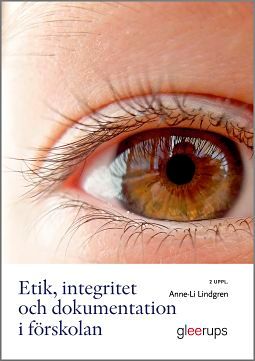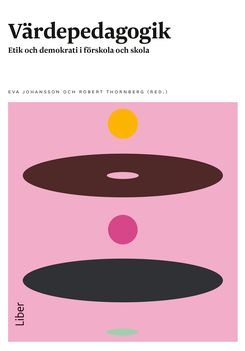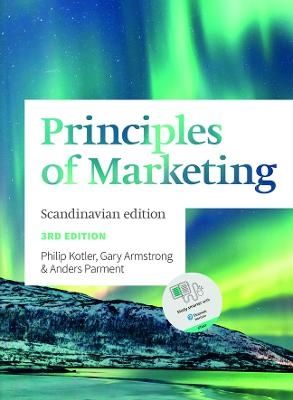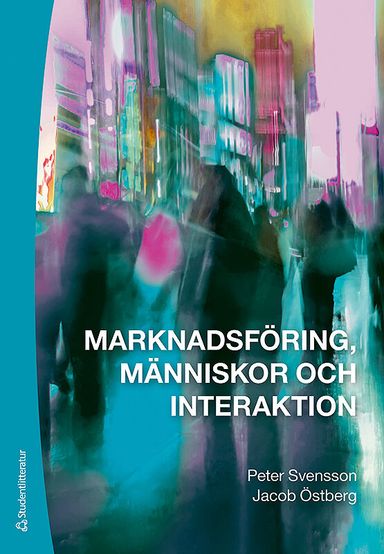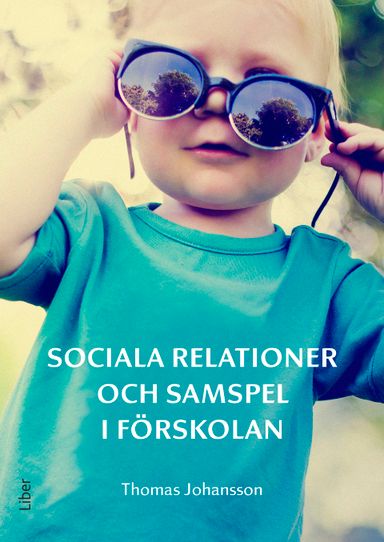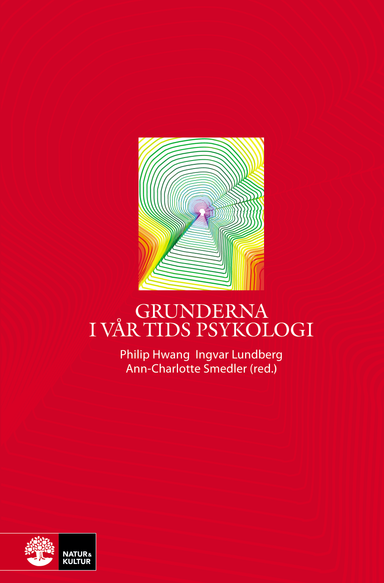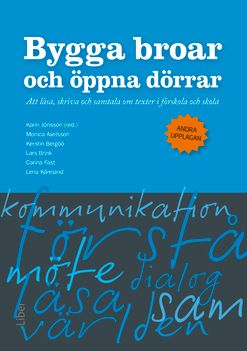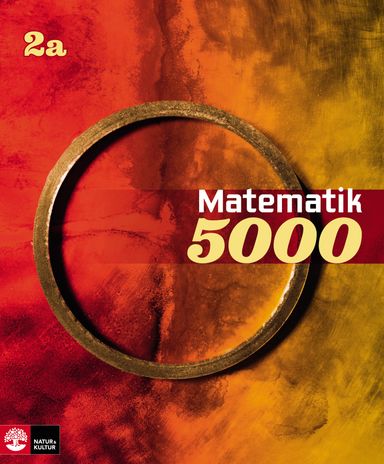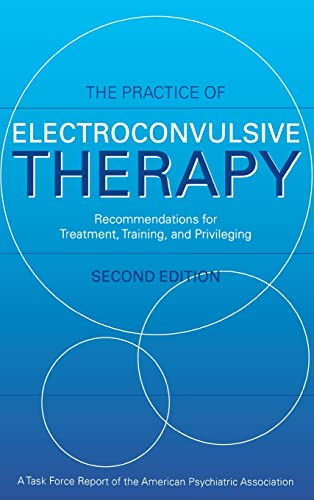

The Practice of Electroconvulsive Therapy Upplaga 2
- Upplaga: 2a upplagan
- Utgiven: 2000
- ISBN: 9780890422069
- Sidor: 368 st
- Förlag: American Psychiatric Association Publishing
- Format: Inbunden
- Språk: Engelska
Om boken
Since the development of pharmacoconvulsive therapy in 1934 and of electroconvulsive therapy (ECT) in 1938, ECT has proven far more valuable than just the intervention of last resort. In comparison with psychotropic medications, we now know that ECT can act more effectively and more rapidly, with substantial clinical improvement that is often seen after only a few treatments. This is especially true for severely ill patientsthose with severe major depression with psychotic features, acute mania with psychotic features, or catatonia. For patients who are physically debilitated, elderly, or pregnant, ECT is also safer than psychotropic medications. The findings of the American Psychiatric Association (APA) Task Force on ECT were published by the APA in 1990 as the first edition of The Practice of Electroconvulsive Therapy, inaugurating the development of ECT guidelines by groups both within the United States and internationally. Since then, advances in the use of this technically demanding treatment prompted the APA to mandate a second edition. The updated format of this second edition presents background information followed by a summary of applicable recommendations for each chapter. This close integration of the recommendations with their justifications makes the material easy to read, understand, and use. To further enhance usability, recommendations critical to the safe, effective delivery of treatment are marked with the designation "should" to distinguish them from recommendations that are advisable but nonessential (with the designations "encouraged," "suggested," "considered"). The updated content of this second edition, which spans indication for use of ECT, patient evaluation, side effects, concurrent medications, consent procedures (with sample consent forms and patient information booklet), staffing, treatment administration, monitoring of outcome, management of patients following ECT, and documentation, as well as education, and clinical privileging. This volume reflects not only the wide expertise of its contributors, but also involved solicitation of input from a variety of other sources, including applicable medical professional organizations, individual experts in relevant fields, regulatory bodies, and major lay mental health organizations. In addition, the bibliography of this second edition is based upon an exhaustive search of the clinical ECT literature over the past decade and contains more than four times the original number of citations. Complemented by extensive annotations and useful appendixes, this remarkably comprehensive yet practical overview will prove an invaluable resource for practitioners and trainees in psychiatry and related disciplines.
Åtkomstkoder och digitalt tilläggsmaterial garanteras inte med begagnade böcker
Mer om The Practice of Electroconvulsive Therapy (2000)
I mars 2000 släpptes boken The Practice of Electroconvulsive Therapy skriven av American Psychiatric Association. Det är den 2a upplagan av kursboken. Den är skriven på engelska och består av 368 sidor. Förlaget bakom boken är American Psychiatric Association Publishing.
Köp boken The Practice of Electroconvulsive Therapy på Studentapan och spara pengar.
Referera till The Practice of Electroconvulsive Therapy (Upplaga 2)
Harvard
Association, A. P. (2000). The Practice of Electroconvulsive Therapy. 2:a uppl. American Psychiatric Association Publishing.
Oxford
Association, American Psychiatric, The Practice of Electroconvulsive Therapy, 2 uppl. (American Psychiatric Association Publishing, 2000).
APA
Association, A. P. (2000). The Practice of Electroconvulsive Therapy (2:a uppl.). American Psychiatric Association Publishing.
Vancouver
Association AP. The Practice of Electroconvulsive Therapy. 2:a uppl. American Psychiatric Association Publishing; 2000.

